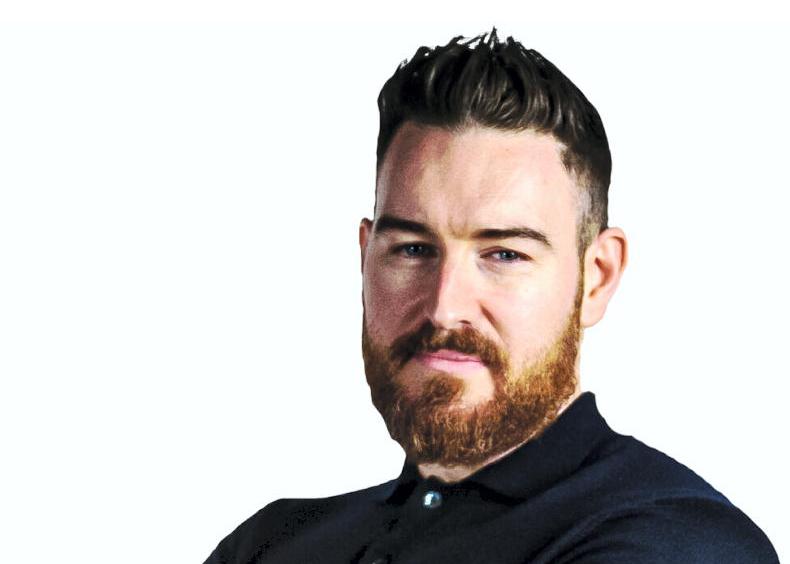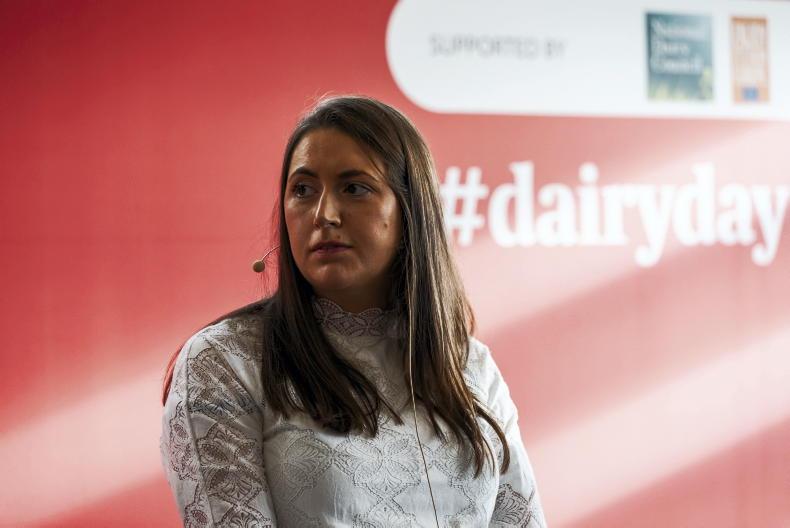“Hope is important because it can make the present moment less difficult to bear. If we believe that tomorrow will be better, we can bear a hardship today” – Thich Nhat Hanh.
The instructions that we have been given by the Government in order to make a successful transition into the “new normal” is giving us a sense of direction, but more importantly, hope.
There is a universally used recovery framework known as CHIME that was developed to support people in recovery from mental health difficulties. The acronym stands for “connectedness, hope, identity, meaning and empowerment”.
The messages contained within CHIME are relevant to any recovery situation, such as what we are going through at pesent as well as what we are likely to encounter at the end of the COVID_19 enforced restrictions. Hope is my focus for this article. Hope refers to having a belief that life can and will get better. The message that hope gives, is that it is still possible to regain a meaningful life, despite disappointments or serious setbacks.
Trust and belief
When a person has hope, they are placing trust in the belief that something positive can happen by taking the right actions. It is not just about being happy and smiling all the time. With hope, we are placing trust in ourselves to make good choices in life. Building “active hope” into our lives can strengthen our capacity and resilience to respond to our current circumstance brought on by COVID-19.
However, we have to be the driver of the vehicle of hope and support others in that journey to build up on resilience for the journey ahead.
A very practical starting point is to consider how do I need to resource myself? What is the one essential thing I need to do for my daily wellbeing?
Exercise
Exercise is key for a number of reasons on a biological basis, with stress-busting chemicals called endorphins are released into the system. We can acquire this by building exercise – ideally outdoors – into a daily routine.
It was recently highlighted by Dr Tadgh MacIntyre, course director of sport and performance psychology at the University of Limerick, how nature can help ease stress.
“Nature automatically engages us in a different mindset, outside the structure of normal life or a profession. It helps us ease stress,” he explains.
Mental Health Ireland and Sport Ireland, along with Dr MacIntyre, are jointly hosting a campaign to encourage people to engage with nature when outdoors and being mindful. Visit www.mentalhealthireland.ie
Be SMART
Nourish yourself mentally. I recently participated in a webinar in which the presenter talked about SMART, which when used in an organisational setting is the acronym for “specific, measurable, achievable, realistic and timely”. However, as participants of the webinar, we were invited to consider SMART as “short moments of awareness repeated times”. In other words, be in the moment in terms of your heart and mind.
This can simply be feeling the water in your hand, enjoying that moment when out and about, and not waste time thinking about the future and creating anxiety and doubt.
Many years ago, my father-in-law Ted Carey said to me: “Why worry about the day you haven’t seen?”
Words of wisdom that are ingrained on my mind.
Reframe your mind
Think about things differently. Consider practical steps, such as limiting your news feed. This is something I have done in recent weeks. I now feel my mind is not as cluttered with negative news. It is not denial of the reality, it is just about keeping things in perspective.
It makes perfect sense to restore the balance by taking in the positive news and how families, communities, national organisations and the world in general have come together to enhance the quality of life of vulnerable people cocooning. Captain Tom Moore from the UK is the icon for all our heroes. All our communities have their own "Captain Toms”.
Part of reframing is also to change our use of language, so for example “I have to“ changes to “I get to” tidy up the clutter in my house, read those books, paint and so on.
Choose “active hope”
When facing overwhelming challenges, we might feel that our actions do not count for much. Yet the kind of responses we make, and the degree to which we believe they count, are shaped by the way we think and feel about hope. Seeking out “active hope” is like the nudge we might all need right now.
When we pay attention to our physical, mental and social health, we are building our resilience and creating a meaningful foundation for implementing “active hope” today and all the tomorrows yet to come. There may be pain, but there are possibilities when we bring hope into our lives.
Finola Colgan is development officer with Mental Health Ireland. Recently she collaborated with Laois Sports Partnership to co-produce S’porting Your Wellbeing, which is free to download. This booklet will support you to resource yourself on essential things you can do for your wellbeing and support personal “active hope” in your life.
Read more
‘CHIME‘ to strengthen our response to COVID-19
Generating summer wellbeing in five easy steps
“Hope is important because it can make the present moment less difficult to bear. If we believe that tomorrow will be better, we can bear a hardship today” – Thich Nhat Hanh.
The instructions that we have been given by the Government in order to make a successful transition into the “new normal” is giving us a sense of direction, but more importantly, hope.
There is a universally used recovery framework known as CHIME that was developed to support people in recovery from mental health difficulties. The acronym stands for “connectedness, hope, identity, meaning and empowerment”.
The messages contained within CHIME are relevant to any recovery situation, such as what we are going through at pesent as well as what we are likely to encounter at the end of the COVID_19 enforced restrictions. Hope is my focus for this article. Hope refers to having a belief that life can and will get better. The message that hope gives, is that it is still possible to regain a meaningful life, despite disappointments or serious setbacks.
Trust and belief
When a person has hope, they are placing trust in the belief that something positive can happen by taking the right actions. It is not just about being happy and smiling all the time. With hope, we are placing trust in ourselves to make good choices in life. Building “active hope” into our lives can strengthen our capacity and resilience to respond to our current circumstance brought on by COVID-19.
However, we have to be the driver of the vehicle of hope and support others in that journey to build up on resilience for the journey ahead.
A very practical starting point is to consider how do I need to resource myself? What is the one essential thing I need to do for my daily wellbeing?
Exercise
Exercise is key for a number of reasons on a biological basis, with stress-busting chemicals called endorphins are released into the system. We can acquire this by building exercise – ideally outdoors – into a daily routine.
It was recently highlighted by Dr Tadgh MacIntyre, course director of sport and performance psychology at the University of Limerick, how nature can help ease stress.
“Nature automatically engages us in a different mindset, outside the structure of normal life or a profession. It helps us ease stress,” he explains.
Mental Health Ireland and Sport Ireland, along with Dr MacIntyre, are jointly hosting a campaign to encourage people to engage with nature when outdoors and being mindful. Visit www.mentalhealthireland.ie
Be SMART
Nourish yourself mentally. I recently participated in a webinar in which the presenter talked about SMART, which when used in an organisational setting is the acronym for “specific, measurable, achievable, realistic and timely”. However, as participants of the webinar, we were invited to consider SMART as “short moments of awareness repeated times”. In other words, be in the moment in terms of your heart and mind.
This can simply be feeling the water in your hand, enjoying that moment when out and about, and not waste time thinking about the future and creating anxiety and doubt.
Many years ago, my father-in-law Ted Carey said to me: “Why worry about the day you haven’t seen?”
Words of wisdom that are ingrained on my mind.
Reframe your mind
Think about things differently. Consider practical steps, such as limiting your news feed. This is something I have done in recent weeks. I now feel my mind is not as cluttered with negative news. It is not denial of the reality, it is just about keeping things in perspective.
It makes perfect sense to restore the balance by taking in the positive news and how families, communities, national organisations and the world in general have come together to enhance the quality of life of vulnerable people cocooning. Captain Tom Moore from the UK is the icon for all our heroes. All our communities have their own "Captain Toms”.
Part of reframing is also to change our use of language, so for example “I have to“ changes to “I get to” tidy up the clutter in my house, read those books, paint and so on.
Choose “active hope”
When facing overwhelming challenges, we might feel that our actions do not count for much. Yet the kind of responses we make, and the degree to which we believe they count, are shaped by the way we think and feel about hope. Seeking out “active hope” is like the nudge we might all need right now.
When we pay attention to our physical, mental and social health, we are building our resilience and creating a meaningful foundation for implementing “active hope” today and all the tomorrows yet to come. There may be pain, but there are possibilities when we bring hope into our lives.
Finola Colgan is development officer with Mental Health Ireland. Recently she collaborated with Laois Sports Partnership to co-produce S’porting Your Wellbeing, which is free to download. This booklet will support you to resource yourself on essential things you can do for your wellbeing and support personal “active hope” in your life.
Read more
‘CHIME‘ to strengthen our response to COVID-19
Generating summer wellbeing in five easy steps








SHARING OPTIONS